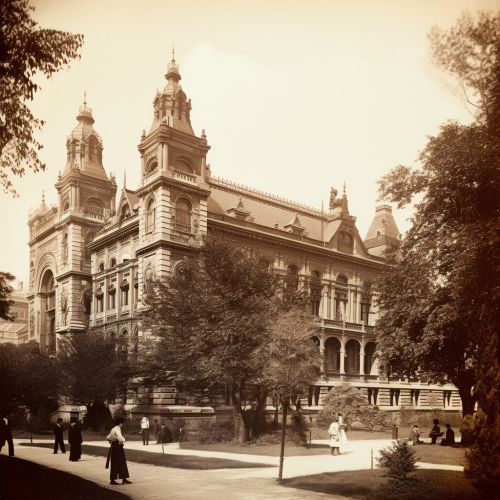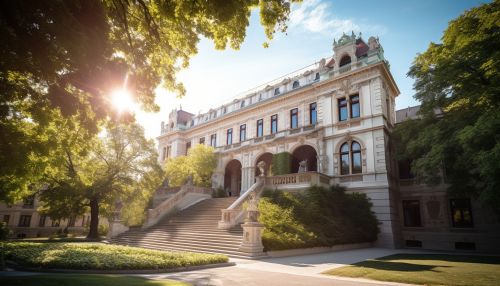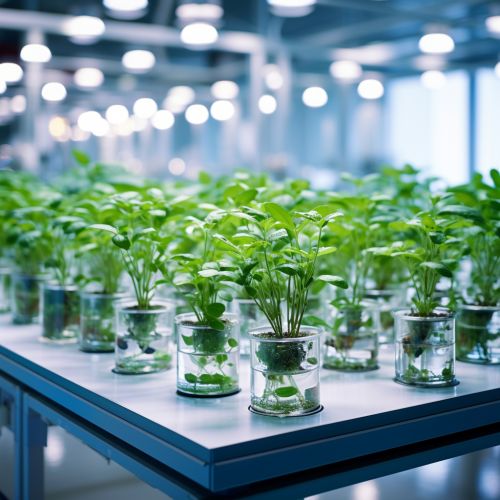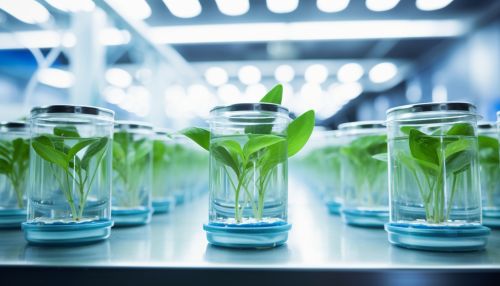Gottlieb Haberlandt
Early Life and Education
Gottlieb Haberlandt was born on November 28, 1854, in Brno, a city in what is now the Czech Republic. He was the son of a well-known botanist, Friedrich Haberlandt, who sparked his interest in the field of botany from a young age. Haberlandt studied at the University of Vienna, where he received his doctorate in 1876.


Career
Haberlandt began his career as a professor at the University of Graz in 1876. He was a dedicated researcher and educator, focusing on the study of plant physiology. His work was primarily concerned with the investigation of plant tissues and cells, and he is widely recognized for his contributions to the field of plant physiology.
Haberlandt is best known for his pioneering work in the field of plant tissue culture. He was the first to conceptualize the idea of tissue culture, a method of biological research in which fragments of tissue from an animal or plant are transferred to an artificial environment in which they can continue to survive and function.
Contributions to Botany
Haberlandt's most significant contribution to the field of botany was his work on plant tissue culture. In 1902, he published a paper in which he proposed the idea of culturing plant cells in a nutrient medium. This was a revolutionary concept at the time, and it laid the groundwork for the development of modern plant biotechnology.
Haberlandt's work on plant tissue culture has had a profound impact on various fields of study, including plant breeding, genetics, and plant pathology. His research has also played a crucial role in the development of techniques for the propagation of plants, including the production of disease-free plants and the conservation of endangered plant species.


Legacy
Gottlieb Haberlandt passed away on January 30, 1945. His work continues to be highly influential in the field of botany, and his contributions to plant tissue culture have had a lasting impact on plant science and biotechnology. Today, Haberlandt is remembered as a pioneer in his field, and his work continues to inspire and inform current research in plant physiology and tissue culture.
